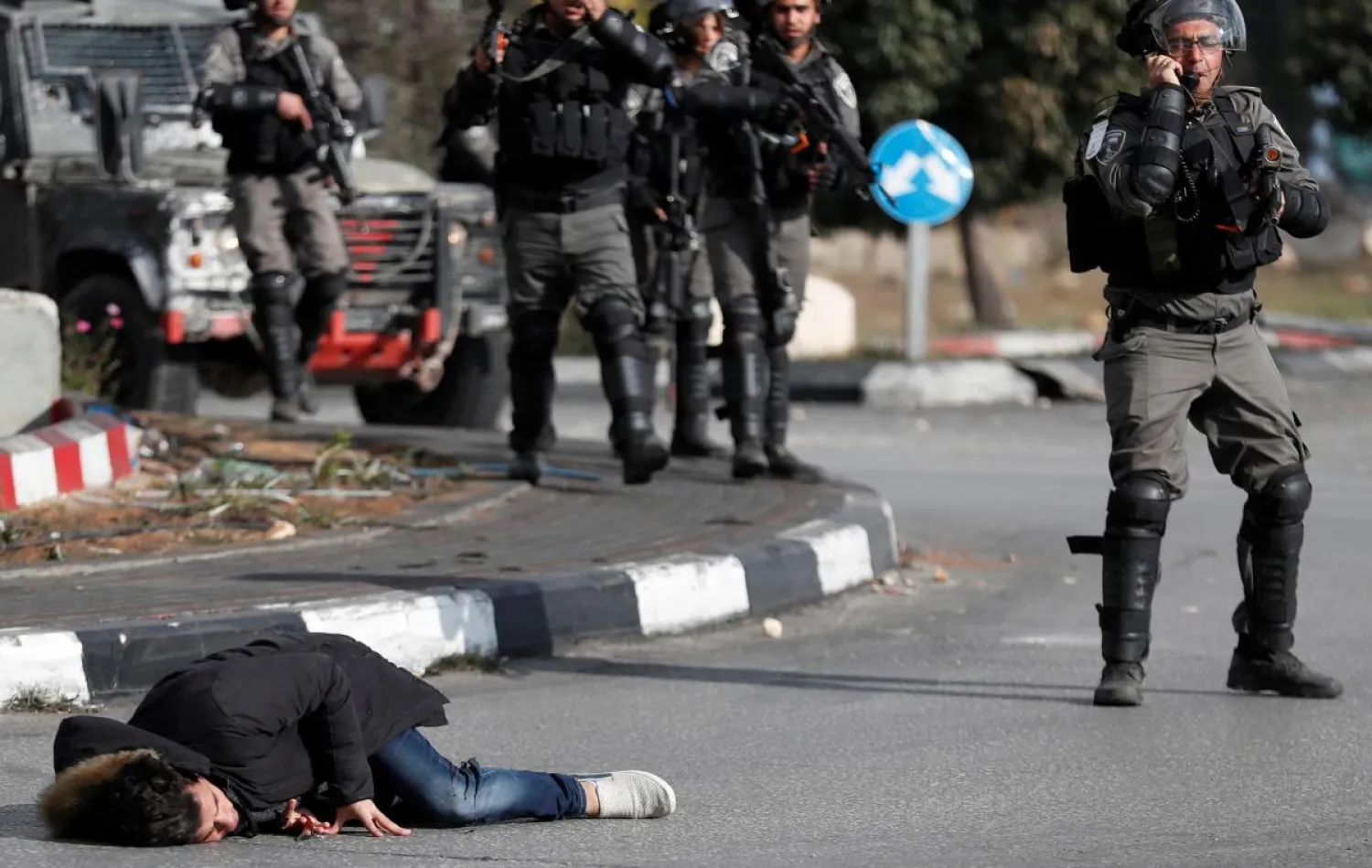Israeli Colonel Alon Madanes, of the army’s Central Command, criticized corruption within the military in a rare detailed letter written to his chief Major General Nadav Padan.
The letter raised issues and problems the officer said had cost lives and compromised the army’s moral values.
Madanes described his job as “the most frustrating and ungrateful position I’ve experienced in my military service.”
“I feel a significant erosion of our ethical conduct as a system,” he wrote.
He detailed how there is a great disrespect of discipline among army ranks, indicating that many incidents in the last two years could have been avoided had cases of negligence been dealt in a timely and strict manner.
He said many soldiers and commanders in the field were “unprofessional” and lacked basic legal knowledge, and that legal experts had no experience in battle or serving in the West Bank.
While the challenges facing the command in the West Bank have not changed in the past two years, Madanes said, the number of deployed soldiers has decreased and is not sufficient to achieve its goals.
“I think too many Israelis were killed and injured in the last two years,” he wrote, saying that the “dozens of hurt and bereaved families” meant the Central Command had been failing its mission.
He also focused on what he said was a fear among senior officers to voice their frank opinions. He said he had been told that his tendency to “tell it like it is” was great until he became a company commander, but that it would endanger his future in the military as he rose in the ranks.
The letter was first published in the Yedioth Ahronoth daily and later reported by a wide range of Israeli media.
In turn, the Israeli army responded to each of Madanes’s criticisms, claiming there was “free discourse” between field commanders and their superiors. It also said the decision to trim the manpower was “justified and proved itself.”
The military denied being in moral crisis and asserted that the remarks made in Madanes’s letter were based on his perspective and were not shared by many in the field.









